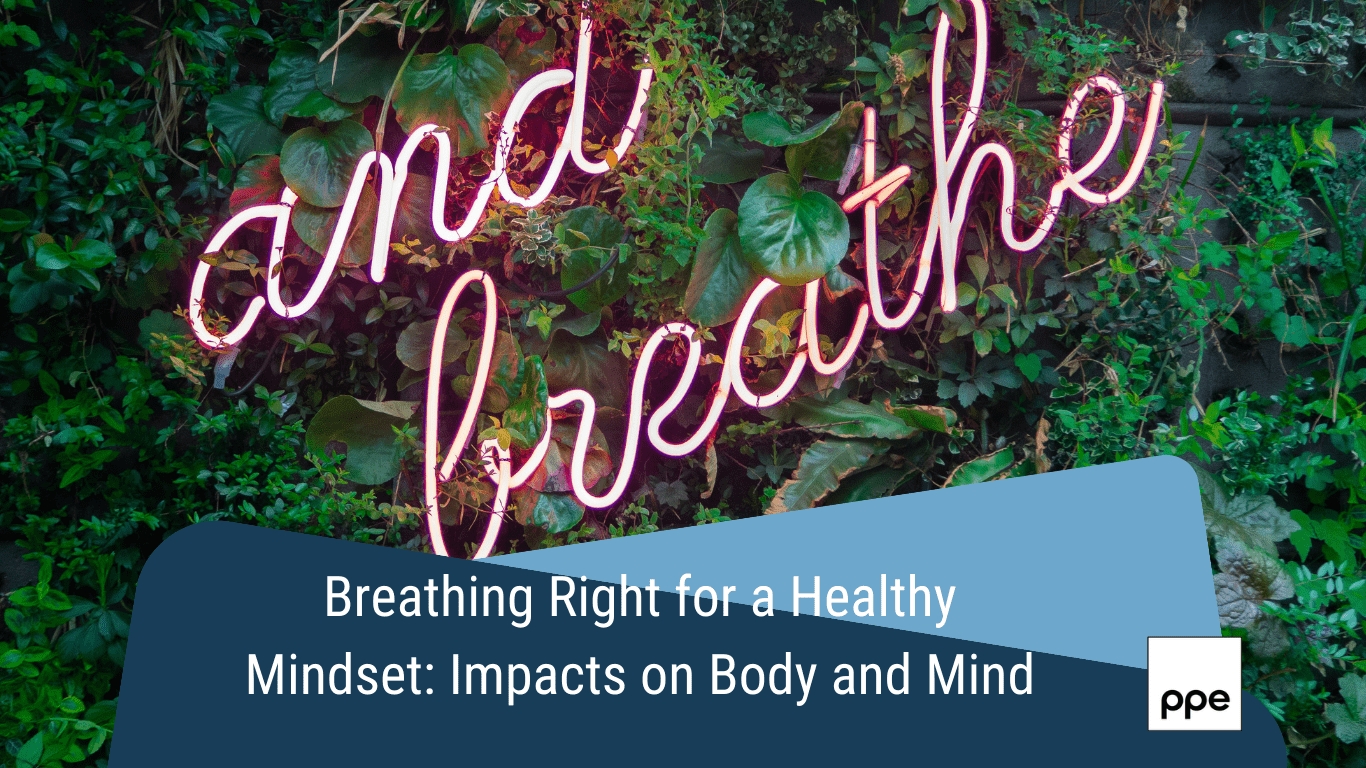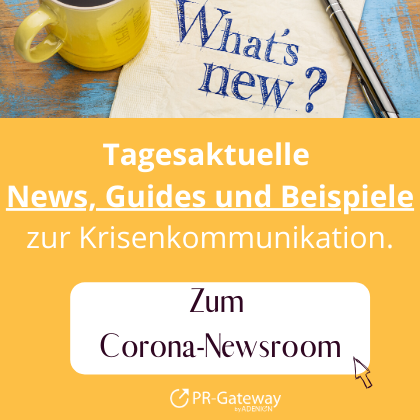Deep and Controlled Breathing
Deep and controlled breathing, also known as abdominal or diaphragmatic breathing, has many positive effects on our body and mind. Breathing techniques are often used in conjunction with relaxation exercises such as yoga, meditation, and breathwork, but are less commonly applied in everyday work life. PPE Germany GmbH produces personal protective equipment, specifically mouth-nose masks that find applications in industries, research, and healthcare. FFP2 masks provide not only occupational protection but also cover various other sectors. The pandemic has given rise to a new emphasis on the portability and comfort of mouth-nose masks. In response to these challenges, the PPE Group has developed its own production lines such as Karla Air and Dodo Air. PPE Germany’s medical premium masks offer more than 97% filtration efficiency and provide exceptional comfort due to low breathing resistance. The masks are designed to be flat, allowing for space-saving storage. The front design increases the mask’s shape stability, while the elastic ear loops allow for effortless adjustment to the face and head. Mouth-nose masks primarily serve self-protection and protection of others, but advancements in quality improvement and comfort are still desirable.
When wearing a mouth-nose mask, attention should be paid to maintaining calm and deep breathing. Despite the mask, breathing should not be too shallow or rapid. It is important to take deep breaths through the nose and breathe into the abdomen. The right breathing technique contributes to stress and anxiety reduction by helping the body relax deeply. It also improves concentration and attention, promotes blood circulation and oxygenation of the body, and stimulates detoxification.
Breathing as a Tool: Expression and Performance
Breathing techniques vary in different situations. In sports, rapid and shallow breathing can enhance performance by allowing more oxygen intake in a shorter period. On the other hand, deep breathing can help maintain inner balance in stressful situations such as exams or preparing for an important meeting.
The medical history of breathing research is relatively young. In the early 20th century, research on breathing patterns began in the modern scientific sense, exploring the relationship between breathing and emotions. In the 1980s, the assessment of breathing patterns was studied as a psychophysiological parameter. The mental and psychological demands in the working world have undergone fundamental changes in recent decades. Physical demands have taken a backseat in numerous industries, except for occupational sectors such as construction, agriculture, domestic work, or medical professions, which, like all occupational sectors, are exposed to greater mental and psychological demands. Modern forms of work increasingly require attention, mental concentration, learning ability, perception, and responsiveness of individuals. This has led to new connections between work demands and health risks associated with modern forms of work, which pose new psycho-mental demands on occupational medicine. New challenges arise from overwhelm, stress, and excessive workloads. Breathing is considered an essential tool. Vocal cords are activated, enabling communication through speaking and singing. Breathing is also closely linked to the world of emotions, with expressed and experienced emotions being expressed through breath.
Breathing Techniques for Stress Reduction
Various breathing techniques help reduce stress and relax the body. One of the most well-known techniques is the 4-7-8 breathing. In this technique, you inhale through the nose for four seconds, hold the breath for seven seconds, and then exhale for eight seconds. Repeating this technique several times helps relax the body and calm the nervous system.
Studies have shown that incorrect breathing affects both physical and psychological well-being. Improper breathing leads to reduced oxygen intake and can cause symptoms such as circulatory disorders, gastrointestinal problems, sleep disorders, or headaches. Shallow breathing results in fatigue, stress, and anxiety, while excessively deep breathing can lead to hyperventilation and dizziness.
Mouth-nose masks provide protection, but what are the effects on breathing?
Discussions regarding the effects of masks on breathing persist. While some studies and reports suggest that wearing masks can lead to impaired breathing, numerous investigations claim the opposite. However, the proper breathing technique can be influenced when wearing respiratory protective masks used in certain work environments. It is important to ensure that mouth-nose masks fit properly and are regularly replaced to maintain adequate ventilation and airflow.
In the context of COVID-19, a study published in the journal Thorax in 2020 examined the effects of surgical masks and N95 respirators on respiratory function among healthcare workers. The results showed no significant differences in oxygen uptake, carbon dioxide emission, or breathing resistance when using the masks. A study conducted at the University Hospital Tübingen’s Institute of Occupational Medicine, Social Medicine, and Health Services Research in 2022 concluded that mask-wearing did not suggest increased physical exertion. Nevertheless, many people perceive wearing masks as impairing their work process.
Editor-in-Chief:
Max Leber
Managing Director and Sales
PPE Germany GmbH
PPE Germany GmbH mit Sitz in Berlin sind Spezialisten für Atemschutz Made in Germany. PPE Germany zählt zu den großen europäischen Maskenproduzenten für qualitativ hochwertige FFP2-Masken und startete 2020 mit der Produktion, um die Versorgung der Bevölkerung mit Schutzausrüstung zu gewährleisten. PPE Germany schützt die Gesundheit von Menschen, die in komplizierten Luftverhältnissen arbeiten und leben müssen beispielsweise durch Virale Kontamination, Krankenhauskeim Kontamination, Bakterielle Kontamination, Staub, Fasern (z.B. durch Mineralwolle), Industrieabgase, Feinstaub. Alle PPE Germany Produkte sind zertifiziert und unterliegen den strengsten Prüfstandards.
Firmenkontakt
PPE Germany GmbH
Max Leber
Mertensstraße 63-115
13587 Berlin
+49 30 202366380

https://ppegermany.de
Pressekontakt
PPE Germany GmbH
Max Leber
Mertensstraße 63-115
13587 Berlin
+49 30 202366380

https://ppegermany.de
Die Bildrechte liegen bei dem Verfasser der Mitteilung.





